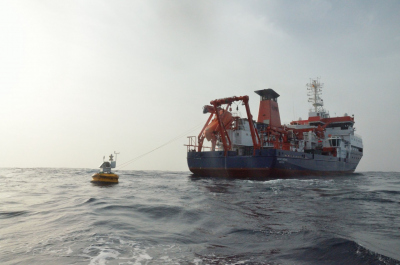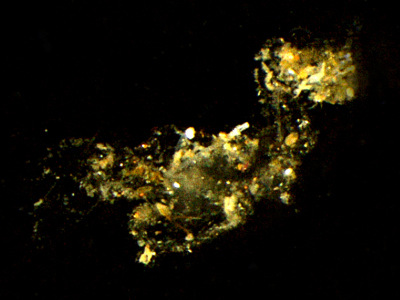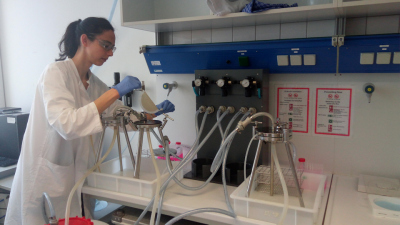- Cluster Ocean Floor
- Research Unit RECEIVER
Research Unit RECEIVER
Most of the organic matter in the oceans is initially formed in the sunlit water column. However, only a fraction of this organic matter reaches the seafloor, as it must first sink vertically through the water column, or be transported laterally from the shallower continental shelves. During this journey to the seafloor, biogenic material is transformed and to a large extent degraded. Therefore, to unravel the processes that occur at the seafloor (REACTOR) and to fully decipher the sedimentary record (RECORDER), we must also understand the transfer of organic matter through the water column.
Our objective in RECEIVER is to investigate the mechanisms that transform, translocate, degrade and preserve biogenic particles within the water column and at the ocean floor. We will qualify and quantify these processes and track the associated signatures that are preserved in the sedimentary record. Thereby we will make essential contributions to the overarching goals of the cluster in regards to i) understanding the processes that transform the properties and fluxes of biogenic particles and ii) quantifying the fluxes of carbon and other elements across the ocean-seafloor interface under changing climate conditions.





